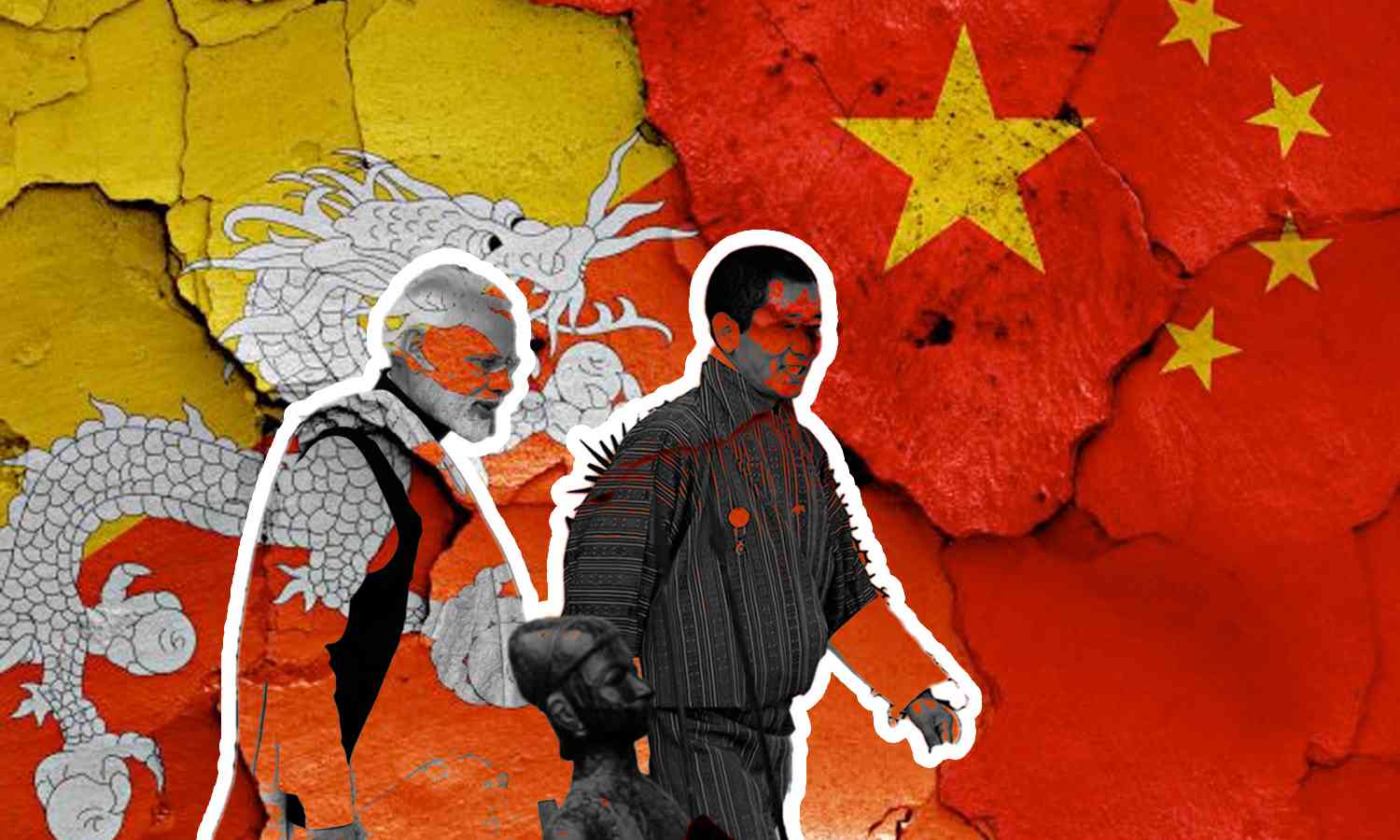China's relentless pursuit of territorial expansion has now begun to impact Bhutan in ways that can no longer be ignored, raising significant concerns for India. Beyond being a steadfast ally and key trading partner, Bhutan's situation is critical to India's border security and sovereignty. China's encroachment on Bhutanese territory not only threatens Bhutan but also poses a direct challenge to India's strategic interests.
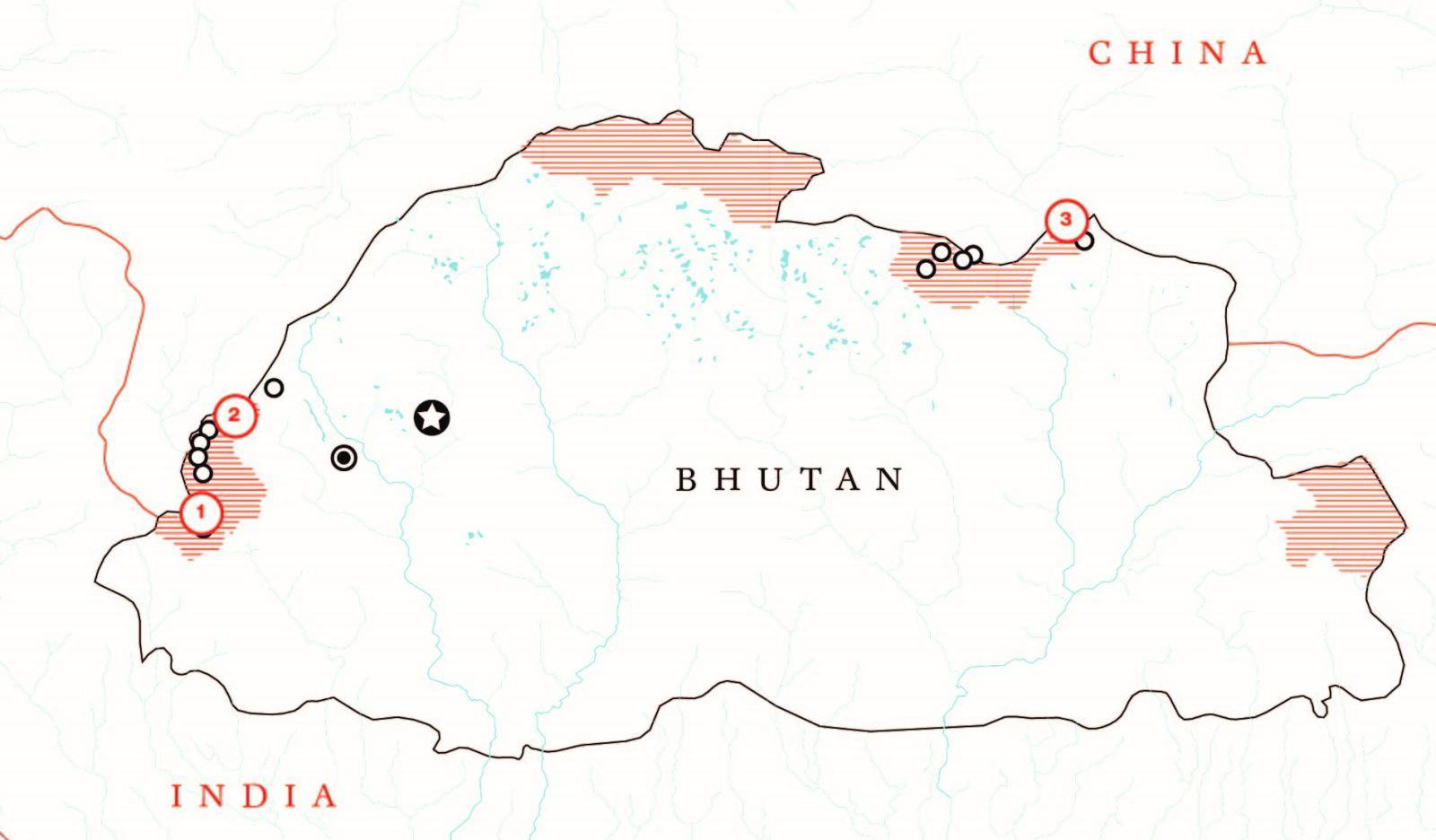
Nestled between the two colossal adversaries, India and China, the small, landlocked kingdom of Bhutan has long remained secluded by the icy peaks of the Himalayas. However, as Bhutan prepares for parliamentary elections in Thimphu on January 9, both China and India are closely monitoring the outcome, with strategic border disputes in mind, according to analysts.
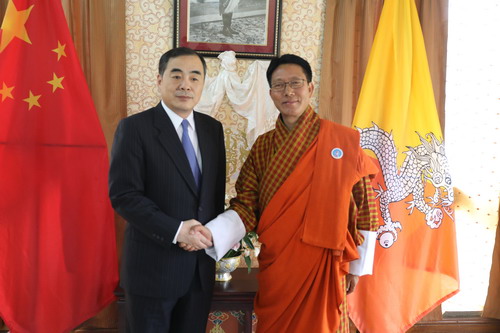
In October, Bhutan and China signed a "cooperation agreement" following discussions about their disputed northern border, a development that has triggered alarm in India. India has historically viewed Bhutan as a crucial buffer state within its sphere of influence. Bhutan represents "one of the last barriers" to China's ambitions of extending its dominance in South Asia. This evolving situation is being watched with increasing anxiety in India, where any shift in Bhutan's alignment could have far-reaching consequences for regional stability and India's security.
India is resolute in its efforts to prevent China from expanding its influence within what New Delhi considers its natural sphere of influence, particularly in light of Beijing's aggressive trade agreements and strategic loans with neighbouring countries like Bangladesh, Nepal, the Maldives, and Sri Lanka. Unlike many of its neighbours, Bhutan does not have formal diplomatic ties with China, a situation that has allowed India to maintain a significant degree of influence over Bhutan's foreign policy until as recently as 2007. India remains cautious about China's increasing military assertiveness, especially along their extensive 3,500-kilometre (2,175-mile) shared border, which has been a persistent source of friction. The 2017 military standoff at the Doklam plateau, where Chinese forces encroached on a disputed area at the tri-junction of India, China, and Bhutan, underscored the volatility of the region. The 72-day standoff was a stark reminder of the delicate balance of power in the Himalayas.
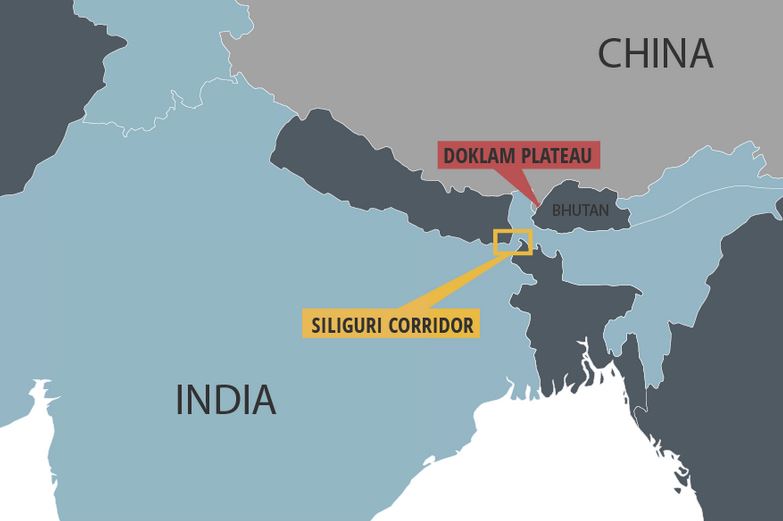
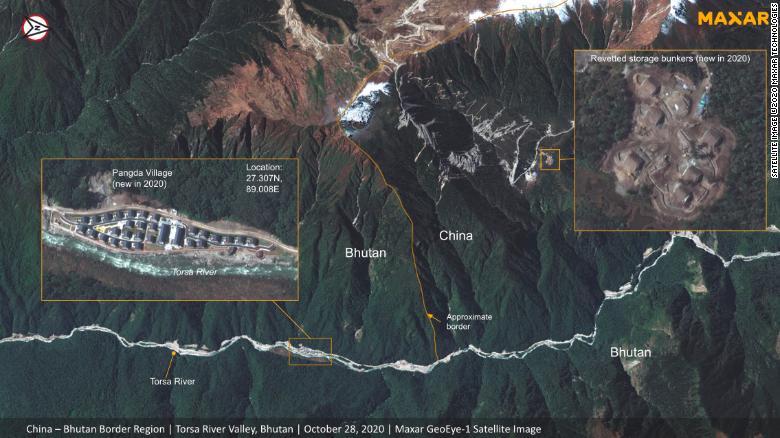
While Bhutan's domestic voters are primarily concerned with issues like high unemployment and the exodus of young people seeking jobs abroad, foreign policy rarely takes centre stage in their political discourse. Bhutan, a small nation comparable in size to Switzerland with a population of around 800,000, faces significant socio-economic challenges. However, India remains Bhutan's largest investor and infrastructure partner, with the Bhutanese ngultrum currency directly pegged to the Indian rupee. Strengthening bilateral relations with India is therefore crucial for Bhutan's economic stability and development, even as the broader geopolitical dynamics with China continue to unfold.
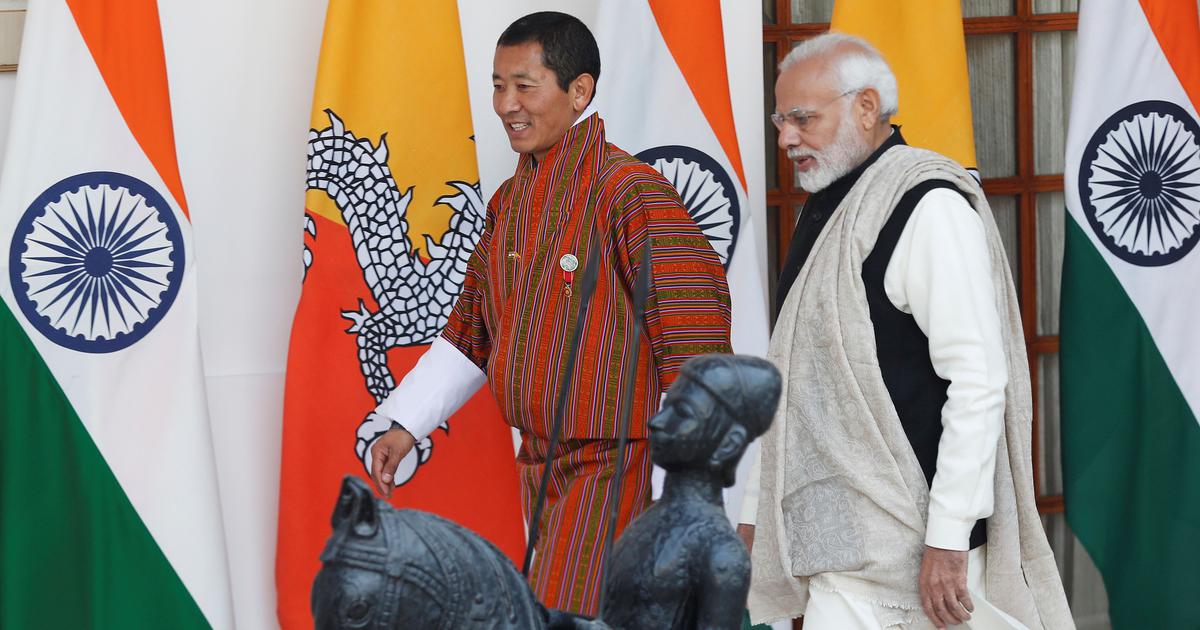
Bhutan enjoys robust economic and strategic ties with India, which the World Bank identifies as Bhutan's "major trading partner, source of foreign aid, and a key financier and buyer of surplus hydropower." A significant 70 percent of Bhutan's imports are sourced from India, underscoring the deep interdependence between the two nations. In a bid to further strengthen these ties, Bhutan's King Jigme Khesar Namgyel Wangchuck recently announced the creation of a special economic zone along the border with India, aimed at enhancing economic collaboration. As Bhutan prepares for its parliamentary elections, both leading candidates for the prime minister's office have expressed a strong commitment to deepening relations with New Delhi, seeing it as essential for boosting Bhutan's $3 billion economy. India has responded positively, announcing a range of connectivity initiatives, including the development of a railway link to Bhutan. However, the success of these projects will largely hinge on the level of investment and engagement from Indian businesses. The ongoing economic partnership remains a cornerstone of Bhutan's development strategy, with India's support playing a pivotal role in its future growth.
--
With inputs from agencies
Image Source: Multiple agencies
© Copyright 2024. All Rights Reserved Powered by Vygr Media.

